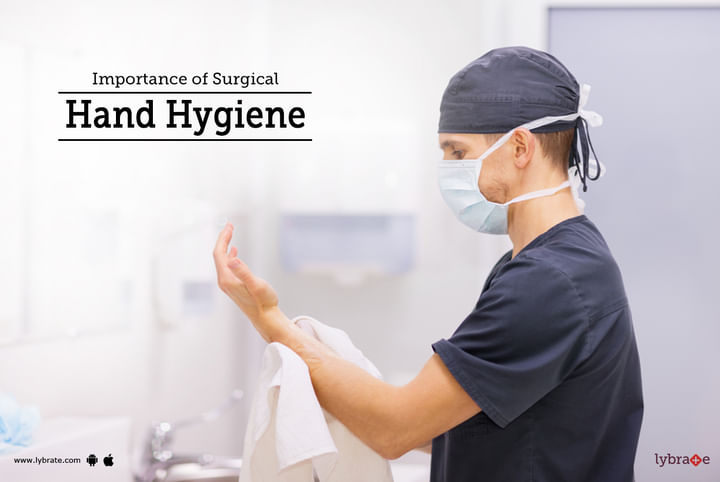Importance of Surgical Hand Hygiene
Human hands are the most important instruments for caring. Hands have the potential to function as both a portal and a transmitter of infection. Hand transmission is critical in the spread of disease-causing viruses, germs, pathogens, and nosocomial infections in general. Handwashing is the most fundamental way of infection control, although it is rarely practiced when it is required.
In hospitals, surgical site infections are a common source of nosocomial infections. Risk factors for nosocomial infections include personnel's hand hygiene/antisepsis, decontamination practices, and adherence to universal precautions.
Techniques for Surgical Scrubs
Before entering the operating suite, all members of the sterile team should clean their hands and arms. The scrub's main premise is to thoroughly wash the hands before washing from a clean region to a less clean area. The bush should be approached in a methodical manner to guarantee good technique.
Scrub treatments can be carried out in two different ways. A numbered stroke technique assigns a specific number of brush strokes to each finger, palm, back of the hand, and arm. A timed scrub is another alternative; depending on the facility process, each scrub should last between three and five minutes.
The steps for the timed five-minute scrub are as follows:
- Hands and arms should be washed with antimicrobial soap. Excessively hot water is harsher on the skin, dries it out, and makes it difficult to wash for the appropriate duration. However, filth and bacteria may not be cleaned away because cold water hinders soap from lathering adequately.
- Take off all of your jewellery (rings, watches, bracelets).
- Use a nail file to clean the subungual regions.
- Start keeping track of the time. For two minutes, scrub each side of each finger, between the fingers, and the back and front of the hand.
- Scrub the arms while keeping your hand higher than your arm at all times. This protects the hand from being contaminated by bacteria-laden soap and water.
- Carry your hands over your elbows as you make your way to the surgery room.
- Scrub time should be increased if the hands and arms are heavily dirty. Intensive cleaning, on the other hand, should be avoided if the skin becomes abraded.
- During the scrub operation, extreme caution should be exercised to avoid splashing water on the surgical gown.
- Once in the operating room suite, hands and arms should be dried with a sterile towel and aseptic technique. Put on your sterile gloves and gown at this point.



+1.svg)
